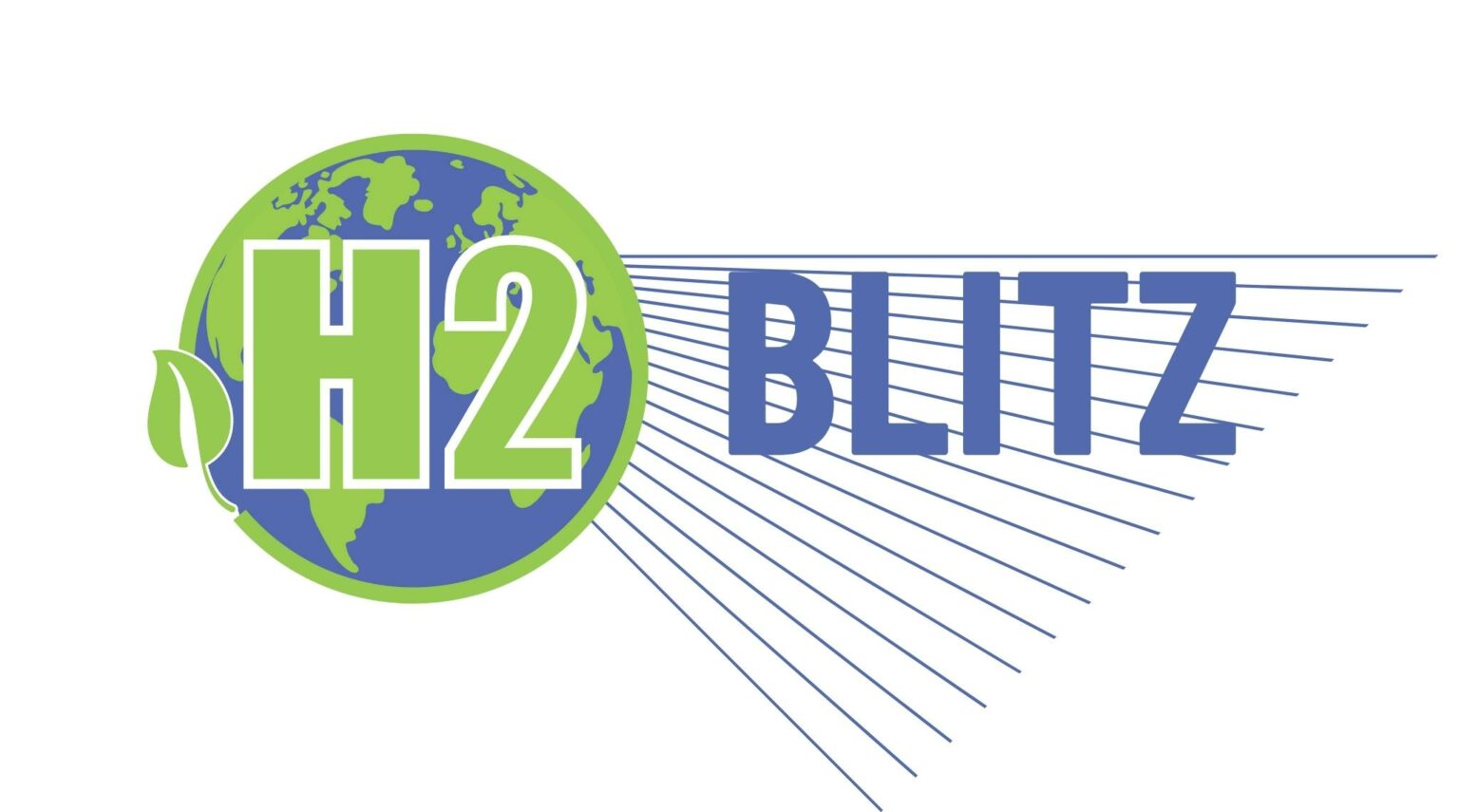Yamaha Motor to display prototype hydrogen-powered outboard engine
From February 14–18, 2024, in Miami, Florida, Yamaha Motor will have a prototype hydrogen-powered outboard engine on display at the Miami International Boat Show.
Since marine items must overcome water resistance since they travel through it, they require a lot more energy to propel than land-based vehicles. During a briefing on Yamaha Motor’s marine technology, Heiji Maruyama, the company’s director and managing executive officer, mentioned that ten times as much energy is needed for marine electrification as is needed for land-based mobility. Furthermore, batteries have a far lower energy density than gasoline using current technology.
Dronamics and CAeS to develop HFC propulsion system for Black Swan cargo drone
A Memorandum of Understanding (MoU) has been signed by Dronamics, the first cargo drone airline in the world, and Cranfield Aerospace Solutions (CAeS) to develop the HFC propulsion system for Dronamics’ Black Swan cargo drone.
The planned HFC propulsion system from CAeS is a half-scale version of its 250kw system that is being developed to convert Britten-Norman Islander aircraft to hydrogen power. The Black Swan is capable of transporting 350kg of cargo up to 2,500km.
Hydrogen bus testing on Illawarra routes
The state’s newest hydrogen bus will start running on Wollongong’s free Gong Shuttle loop on Monday. After a six-month trial on the Gong loop, the bus will be tested on other Illawarra routes.
Transport will use bus trial data to choose the best electric and hydrogen technology for regional bus operators, passengers, and communities. ARCC built the bus in Western Sydney to drive 515km on 32kg of hydrogen for 16 hours. A equivalent diesel bus would use 170 liters to reach the same distance.
The Port Kembla Hydrogen Hub Coregas hydrogen refuelling station will refill the bus. Premier Illawarra will run the bus on existing routes and timetables.
GreenH and Medha to build hydrogen refueling station in Jind
On Monday, it was revealed that GreenH Electrolysis (GreenH) and Medha Servo Drives Pvt Ltd (Medha) had signed a contract to construct a hydrogen production and refueling station in Jind, Haryana.
According to a statement from GreenH, Indian Railways has given Medha a contract for a pilot project to convert a diesel-electric multiple unit rake on the Sonipat-Jind stretch to a hydrogen-powered train.
For this significant and innovative project, Medha has hired GreenH to handle the engineering, procurement, and construction (EPC) of a hydrogen production and refueling station.
Hong Kong opens first hydrogen refueling station
With a 500 kg daily capacity, Hong Kong has opened its first hydrogen refueling station at the West Kowloon depot.
“I’m pleased to announce it is now open, following a ceremony with our Chief Executive John Lee and other government officials,” Fiona Chin, Vice President, ESG & Impact Investing at Templewater, said during a speech at the gasworld Asia-Pacific Industrial Gases Conference in Kuala Lumpur.
Australia-UK Renewable Hydrogen Innovation Partnerships funding program by DCCEEW accepting applications
The Australia-UK Renewable Hydrogen Innovation Partnerships funding program, administered by the Department of Climate Change, Energy, the Environment and Water (DCCEEW), is now accepting applications. The deadline is January 19, 2024.
Under the UK component of the program, hydrogen research, development, and demonstration projects in collaboration with UK enterprises can apply for grants of up to 50% of eligible project expenses, ranging from $10,000 to $2 million. A maximum of 20% of the eligible expenses may come from contributions made in kind.
Project completion deadlines are March 31, 2026.
Ebara Refrigeration Systems creates absorption chiller/heater powered by hydrogen
A Japanese firm claims to have created the first absorption chiller/heater powered by hydrogen in history.
Ebara Refrigeration Systems, the producer, claims that using hydrogen instead of gas can save annual CO2 emissions by 94%. The ability to burn hydrogen directly and use it without turning it into power or electricity is another characteristic of hydrogen.
Because of the properties of hydrogen, the design had to include a backfire prevention mechanism for the hydrogen pipes as well as an inert gas injection function to keep the gas pipes from filling up with an air and hydrogen mixture that may catch fire.
